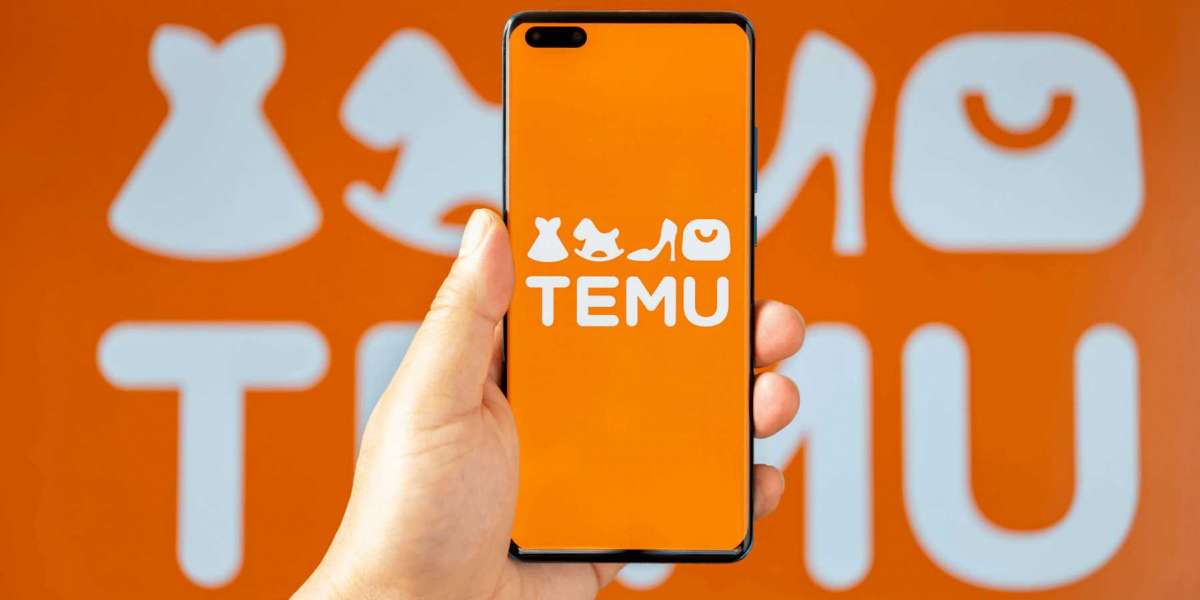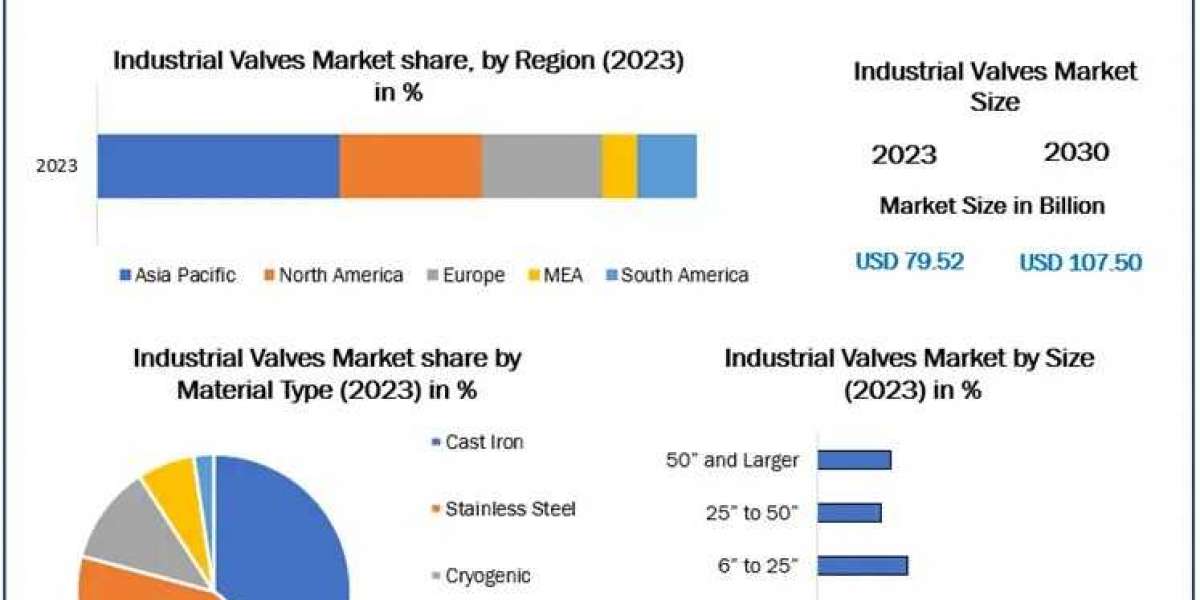As the app becomes increasingly popular for online shopping, users are curious—not just about what it sells, but also how to say its name correctly and where it originated. In this article, we’ll uncover the meaning (if any) behind the word, explore its branding roots, and of course, clarify the official Temu pronunciation.
Is ‘Temu’ a Real Word?
Temu is not a common English word. In fact, it’s a brand name created specifically for the e-commerce platform owned by PDD Holdings, the parent company behind China’s major shopping platform Pinduoduo.
Though “Temu” doesn’t have a dictionary definition in English, the company has given it a meaning tied to their mission. According to brand sources, Temu stands for “Team Up, Price Down,” which aligns with their model of collective buying and low prices.
Where Does the Name Come From?
There’s no official record of “Temu” being pulled from a particular language or culture. Instead, it was likely chosen for branding reasons:
Short, easy to remember
Sounds tech-friendly and global
Visually appealing and distinct
The name is unique enough to stand out, yet simple enough to be spoken across languages—making it perfect for international growth.
So, How Do You Say It?
Despite the mystery behind its origin, the Temu pronunciation is clear and confirmed:
TEE-moo
Yes, just two syllables:“TEE” like in “team”
“moo” like the sound a cow makes
Temu uses this pronunciation in all official video ads and media campaigns.
Why Pronunciation Matters in Branding
For new and rising brands, consistent pronunciation helps:
Build trust and familiarity
Improve word-of-mouth marketing
Ensure accuracy in voice search and social media engagement
Since “Temu” doesn’t come from a known word or language, it’s even more important for the brand to promote the correct way to say it.
Conclusion
While the word “Temu” may not have a traditional origin, it has quickly carved out its identity in the e-commerce world. Knowing the right Temu pronunciation—TEE-moo—helps you connect with the brand more confidently and share it with others accurately. And who knows? In a few years, it may become as recognizable as “Amazon” or “eBay.”








